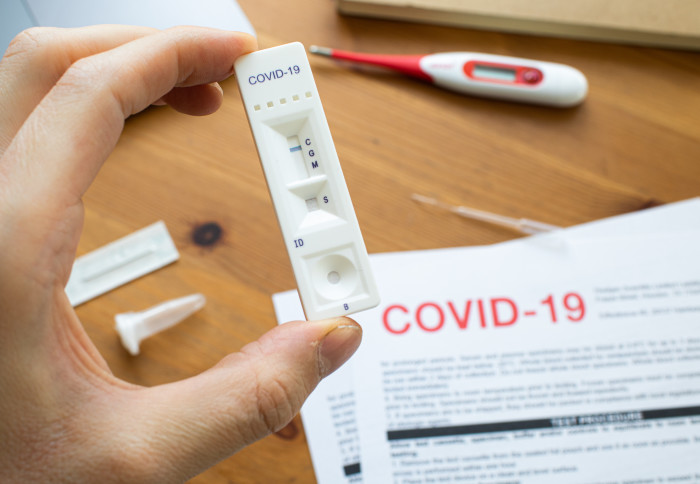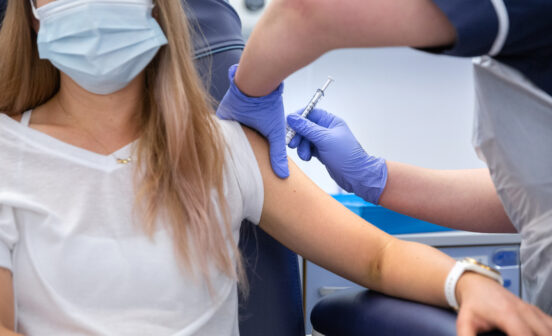DiagnosticInformatics ApproachesInnovationPrevention Coronavirus antibody prevalence falling in England, REACT study shows

Led by Imperial College London, analysis of finger-prick tests carried out at home between 20 June and 28 September found that the number of people testing positive dropped by 26.5% across the study period, from almost 6% to 4.4%.
The downward trend was observed in all areas of the country and age groups, but not in health workers, which could indicate repeated or higher initial exposure to the virus, the authors suggest. The decline was largest in people aged 75 and above compared to younger people, and also in people with suspected rather than confirmed infection, indicating that the antibody response varies by age and with the severity of illness.
People in London had the highest proportion of positive tests across the country, at around twice the national average. Health and care workers, ethnic minority groups, and those living in deprived areas and large households also had the greatest burden of past infection.
These findings suggest that there may be a decline in the level of immunity in the population in the months following the first wave of the epidemic.
These findings from the Real Time Assessment of Community Transmission (REACT) study are available in a pre-print report and will be submitted for peer-review.
Professor Paul Elliott, director of the programme at Imperial, said: “Our study shows that over time there is a reduction in the proportion of people testing positive for antibodies. Testing positive for antibodies does not mean you are immune to COVID-19. It remains unclear what level of immunity antibodies provide, or for how long this immunity lasts. If someone tests positive for antibodies, they still need to follow national guidelines including social distancing measures, getting a swab test if they have symptoms and wearing face coverings where required.”
REACT has been commissioned by the Department of Health and Social Care, and supported by NIHR Imperial BRC. This study is being carried out in partnership with Imperial College London, Imperial College Healthcare NHS Trust and Ipsos MORI.
Read the full story by Justine Alford here. © Imperial College London





